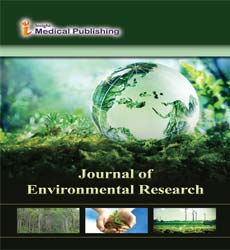A successful case in waste management in developing countries
Abstract
Although most developing countries have serious problems with the issue of waste management, there have been some success stories including the development of environmental public policies, which had led to better life quality. In most developing countries, waste management considers only two stages: collection and final disposal. The collection system does not include a differentiated collection of the municipal solid waste (MSW), this implies that the valorisation of the different waste fractions becomes more difficult to separate and most of them are dumped on uncontrolled sites. Meanwhile, the landfilled sites are limited and usually are about to exceed their capacity. In certain rural and semiurban localities is common practice to burn their waste, polluting the air, soil and even water. Local authorities are doing some efforts to prevent this pollution type, but it does not always work properly. However, there are certain successful cases like Teocelo, Veracruz, Mexico. This is a semi-urban locality where since the year 2000 the inhabitants are contributing to waste management in different ways. All the people separate their waste in organic and inorganic. Only the inorganic fraction is managed to the collection system, while a part of the organic fraction is usually composted in homes and the rest is treated in a composting plant. Until now the people of the locality keep this way of living and considers that the care of the environment is important for this and new generations.
Open Access Journals
- Aquaculture & Veterinary Science
- Chemistry & Chemical Sciences
- Clinical Sciences
- Engineering
- General Science
- Genetics & Molecular Biology
- Health Care & Nursing
- Immunology & Microbiology
- Materials Science
- Mathematics & Physics
- Medical Sciences
- Neurology & Psychiatry
- Oncology & Cancer Science
- Pharmaceutical Sciences
